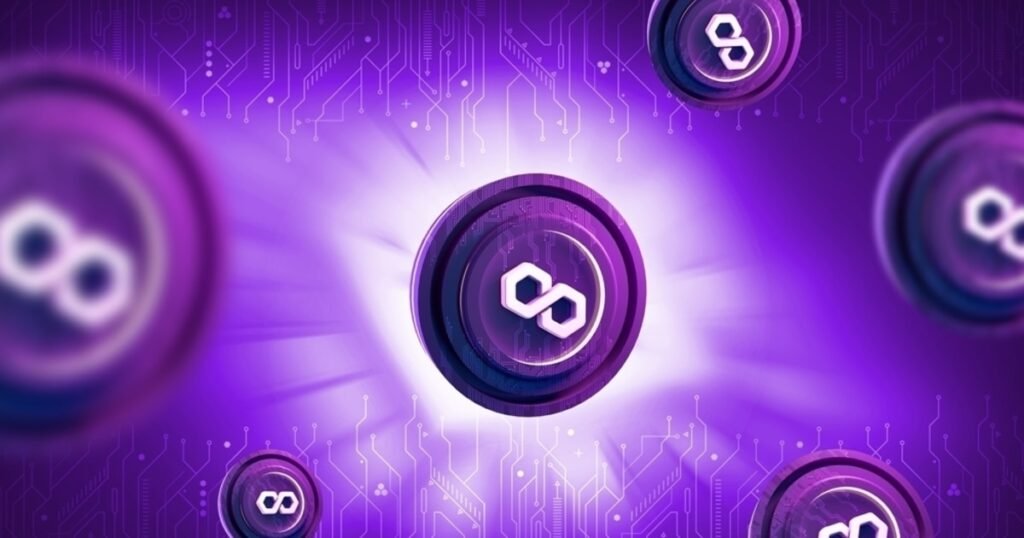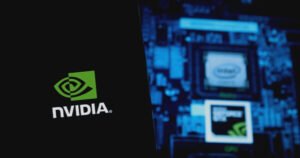Polygon (MATIC) (POL) Launches Ahmedabad Upgrade on PoS Mainnet

Lawrence Jengar
Sep 26, 2024 17:49
Polygon (MATIC)’s Ahmedabad upgrade introduces enhanced features for developers and users, including increased code size and improved network observability.
Polygon (MATIC) has officially rolled out the Ahmedabad upgrade on its Proof-of-Stake (PoS) mainnet, enhancing both developer and user experiences, according to polygon.technology.
The upgrade, which was tested on the Amoy testnet for two weeks, went live at block #62278656. This significant update introduces several notable features:
Token Symbol Change: The token symbol on Polygon PoS has been updated from MATIC to POL, and WMATIC to WPOL.Increased Code Size: Developers can now build more complex contract deployments with the increased code size, which has been expanded from 24KB to 32KB.Improved Bridge Transactions: The upgrade allows for the replay of failed state syncs, thereby saving stuck bridge transactions and enhancing the observability of the network’s plasma bridge.
The Ahmedabad upgrade comprises three Polygon Improvement Proposals (PIPs):
PIP-30: Increased Code Size
PIP-30 increases the maximum code size from 24KB to 32KB. This change allows decentralized application (dApp) developers to deploy more complex contracts without having to resort to alternative, less direct development patterns.
PIP-36: Addressing Gas Pricing and Bridge Issues
PIP-36 addresses a gas pricing issue that arose following Ethereum’s Berlin hardfork. This issue had caused certain POL (formerly MATIC) transactions to become locked in the plasma bridge. The proposal patches this bug and enables the replay of failed state syncs, improving the overall observability of the network’s plasma bridge.
PIP-45: Token Symbol Change
PIP-45 follows the recent migration from MATIC to POL, changing the token symbol of the native token on PoS from MATIC to POL, and WMATIC to WPOL.
All node operators, including infrastructure providers and validators, have already upgraded to the latest versions of Bor (>= v1.4.0) and Erigon (>= 2.60.8), ensuring a smooth transition to the new system.
Impact on Developers and Users
According to Polygon, developers and end-users do not need to take any action following this upgrade. The changes are designed to improve the overall ecosystem without requiring additional steps from the community.
For more detailed information, visit the official Polygon blog.
Image source: Shutterstock













